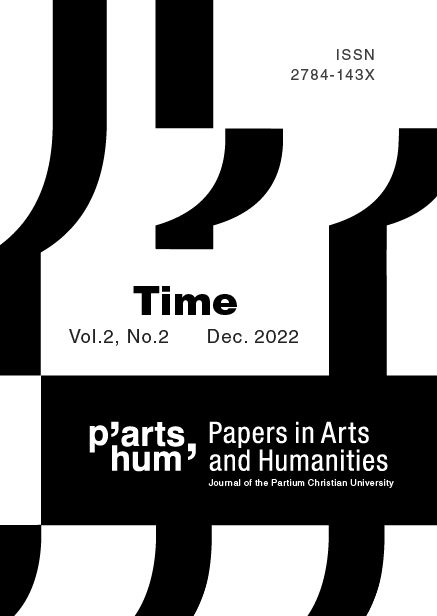The Impact of Oral Health Education Difficulties in Disadvantaged Primary Schools
The Impact of Oral Health Education Difficulties in Disadvantaged Primary Schools
Author(s): Ildikó Faragó, Tímea Egri, Andrea RucskaSubject(s): Applied Sociology, Health and medicine and law
Published by: Partiumi Keresztény Egyetem
Keywords: prevention; oral health; online lifestyle; disadvantage; special educational needs;
Summary/Abstract: The inadequate social integration of young people from disadvantaged regions is compounded by poor health and lifestyle, which manifests itself as mechanisms of educational disadvantage. Pupils have less access to the resources they need to develop their skills in their home environment, which should be adapted to their specific educational needs with specialized teachers. In this segment of the population, the time spent on health was inadequate even before online education was introduced due to the pandemic. The segregation has worsened their situation, and the lack of digital tools has not reduced the gap. We aimed to explore the lifestyles of primary school pupils in disadvantaged regions to extend the research to pupils with special educational needs and to understand their health behavior through dental status and time spent on oral health, which determines their life chances. The study was conducted in three primary schools in disadvantaged regions in the Abaúj region, Hungary, and 318 pupils (mean age: 10.5±2.5 years) underwent dental screening and survey examinations. The questionnaire focused on nutrition, physical activity, family microenvironment, health behavior, and educational processes during the pandemic. The majority of the students live in large families. Most students visit the dentist only when they have a toothache; 21.6% do not exercise outside school; 19.1% have already consumed alcohol. Their DMFT average is 5.6±3.5. Also, 32.7% of the students had a device for online education. A firm increase in the level of preventive activities in minority schools, with the involvement of special education teachers, is crucial for social inclusion and health.
Journal: P’Arts’Hum
- Issue Year: 2/2022
- Issue No: 2
- Page Range: 107-124
- Page Count: 17
- Language: English

